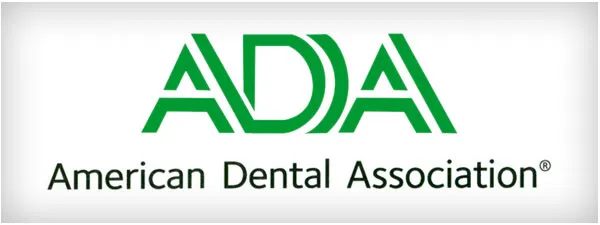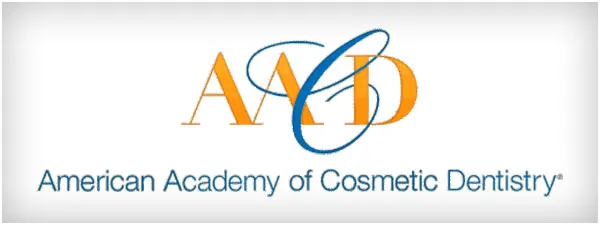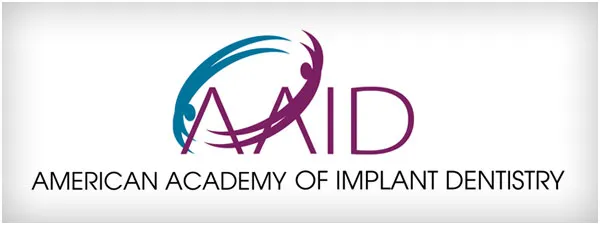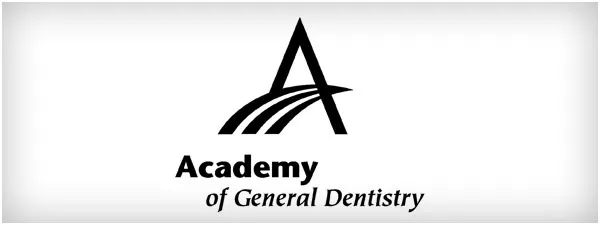5 First Aid Tips from an Emergency Dentist in Linden

Dental emergencies can strike without warning — a fall at home, a sports accident, or even biting down on something too hard. When they occur, prompt treatment could be the crucial difference between a tooth being saved or lost. That’s where an emergency dentist comes in, offering prompt care when you need it most. But before you reach the dental chair, what you do in those first few minutes matters. These five first-aid tips can help you stay calm, reduce damage, and prepare for effective treatment.
In our previous blog, we discussed the five main criteria based on which we select a good emergency dentist. In this blog, we will address the first aid tips to be followed during an emergency.
Advice on Dental Emergency Response From a Professional
Below are five tips to be followed during a dental emergency scenario to ensure the safekeeping of the teeth.
1. Knocked-Out Tooth? Keep It Moist
A knocked-out tooth (also called an avulsed tooth) is one of the most time-sensitive dental emergencies. The tooth's survival depends on the first half hour following the lesion.
Take the tooth by the crown, not the root, and use water to wash it clean without scraping. If you feel comfortable, try placing it back in its socket. If not, keep the tooth moist by placing it in milk, saline solution, or even under your tongue (only for adults). Moisture preserves the living cells on the root, increasing the chance of successful reimplantation by your emergency dentist in Linden.
2. Cracked or Broken Tooth? Rinse and Protect
A cracked or fractured tooth can range from a small chip to a serious break that exposes the nerve.
Start by rinsing your mouth with lukewarm water to clear the area. Next, apply a cool compress to reduce external cheek inflammation. Bring any broken pieces to your dentist in a clean container with milk or saliva if you find any. Until then, avoid chewing on the injured side and stick to soft foods to prevent worsening the damage.
3. Soft Tissue Injuries? Apply Pressure
Accidental bites, sharp foods, or trauma can lead to bleeding injuries in your cheeks, tongue, lips, or gums.
First, rinse your mouth with a mild saltwater solution to remove debris and bacteria. Then, using a clean cloth or sterile gauze, apply gentle but firm pressure to the bleeding area. Most smaller injuries will stop bleeding within five minutes. If bleeding persists or if the wound is deep, get to your emergency dentist right away — deeper damage could require stitches or infection control.
4. Lost Crown or Filling? Use Temporary Material
If a crown or filling falls out, it can expose the sensitive inner layers of your tooth, making it vulnerable to bacteria, temperature changes, and further decay.
To protect the area temporarily, apply dental cement or a piece of sugarless gum to the cavity. Steer clear of extremely hot, cold, or sweet foods, and don't chew on that side. Do not use superglue or household adhesives — these can damage your tooth and make future treatment harder. A visit to your emergency dentist is still necessary to properly restore the crown or filling.
5. Toothache? Rinse and Avoid Heat
Toothaches can be caused by a variety of issues, from cavities and infections to cracked teeth or gum disease.
First, cleanse your mouth with lukewarm brine to clean and reduce swelling. Carefully floss to get rid of any bits of food that have become lodged and could be making the pain worse. Avoid applying aspirin directly to the gums, as it can cause burns. Also, avoid hot compresses, which may worsen inflammation. If the pain is severe or persistent, it’s a sign you need prompt care from your emergency dentist.
Why Quick Action Matters?
Dental injuries can become much worse if ignored. Acting fast not only reduces pain but can also save teeth and prevent long-term dental work. These first-aid steps aren't a substitute for professional care, but they can give you a head start on healing.
At our family dentistry in Linden office, we’re equipped to treat dental emergencies with compassion, expertise, and state-of-the-art technology. We prioritize urgent cases, offering same-day care and a supportive environment for both kids and adults.
Conclusion
An oral injury does not have to cause permanent damage. By following these simple first-aid tips and seeking immediate help from an emergency dentist, you can protect your oral health and avoid complications. Whether you're facing a broken tooth, a severe toothache, or a knocked-out tooth, acting quickly and wisely makes all the difference. Your trusted dentist in Linden is here to help restore your comfort and your smile. Call now at 908-925-8110!









